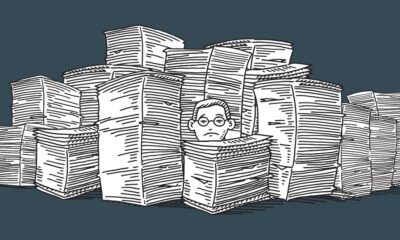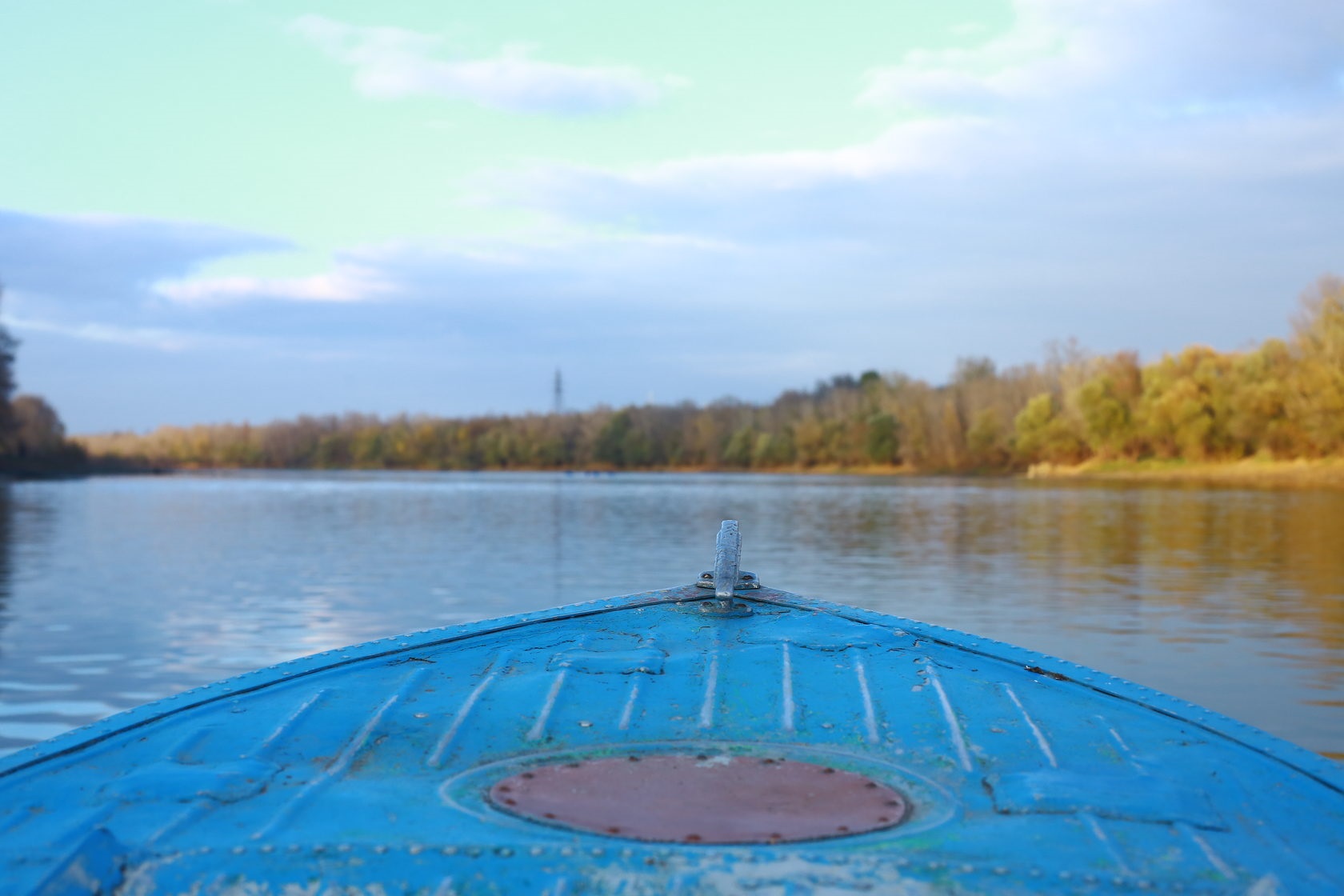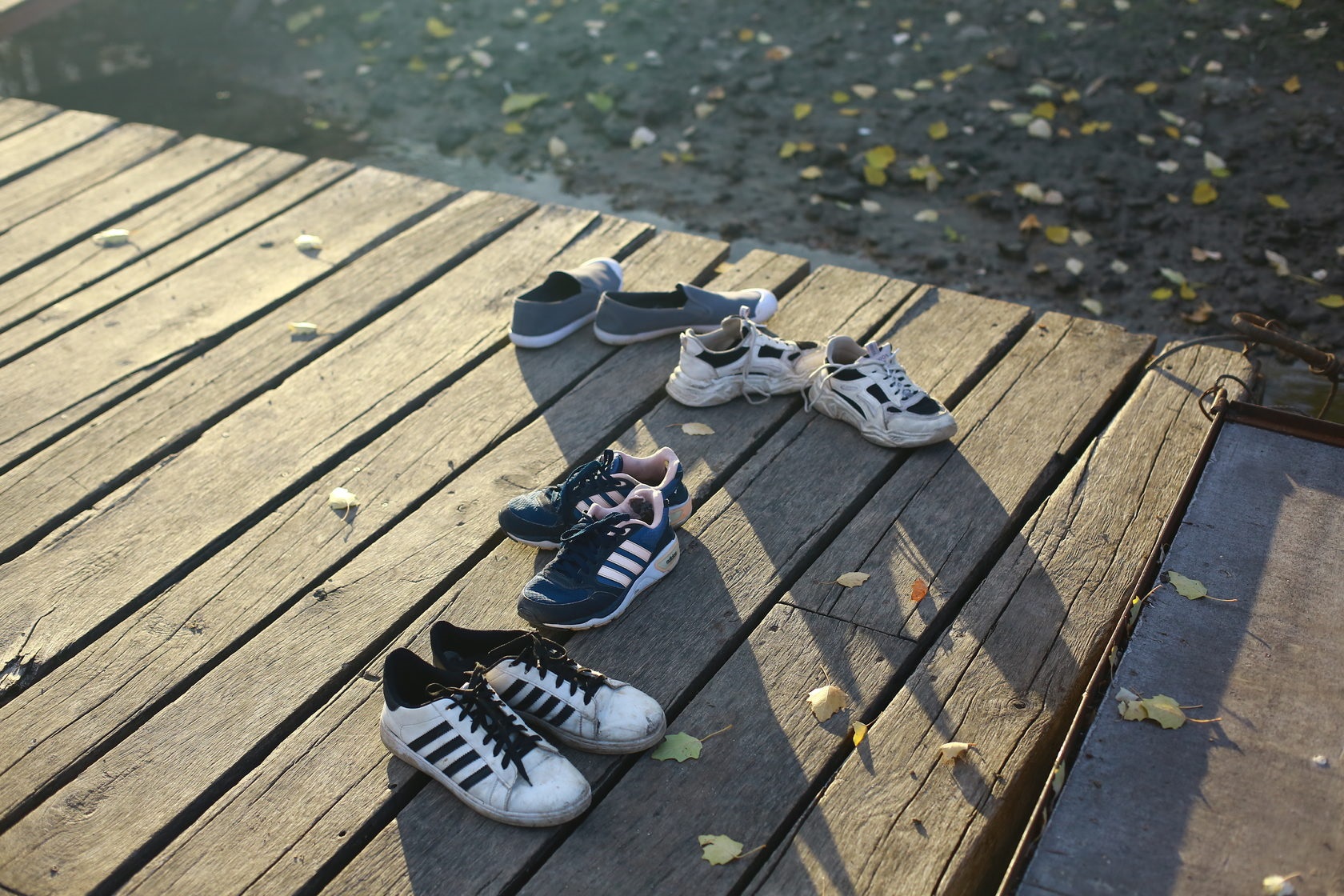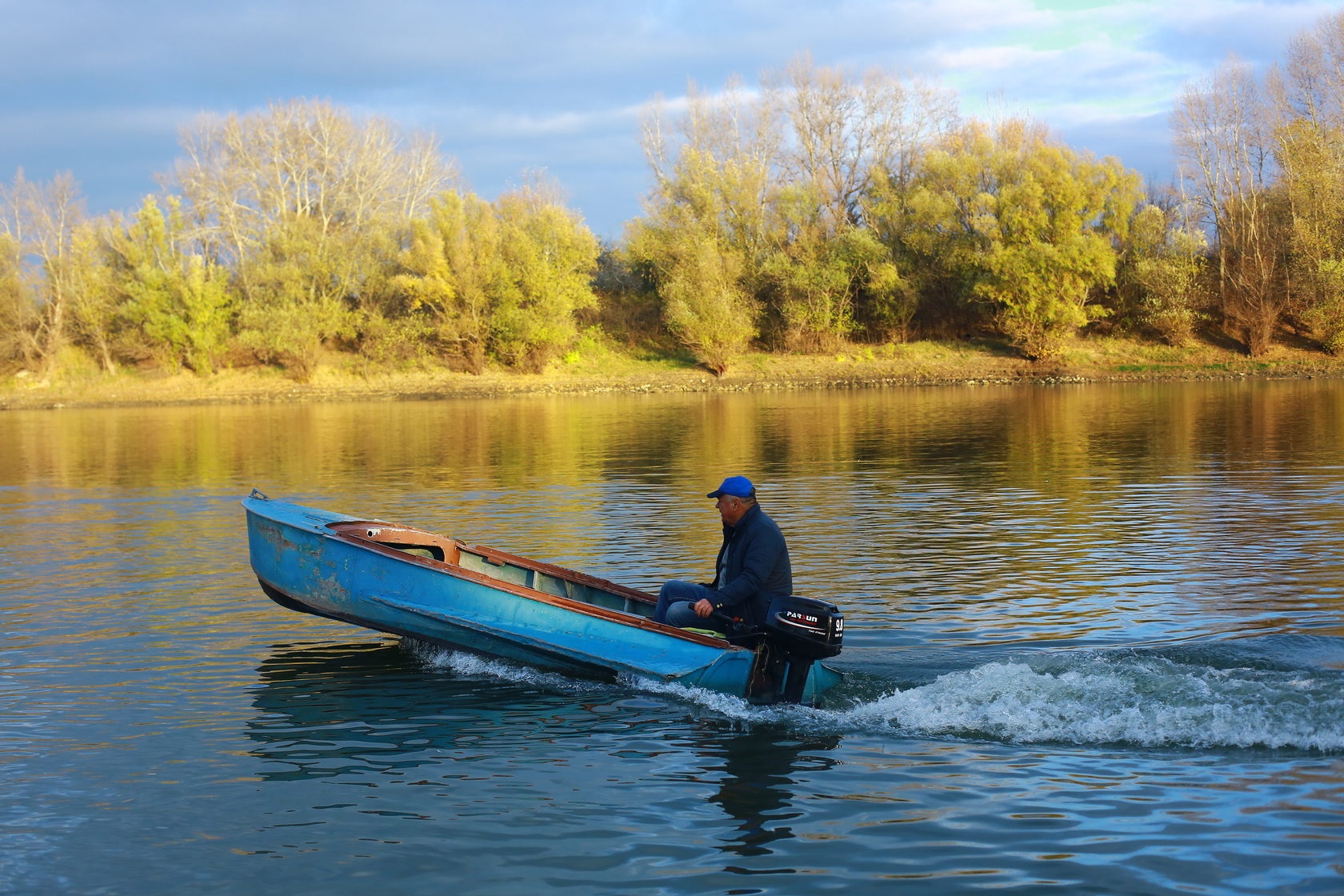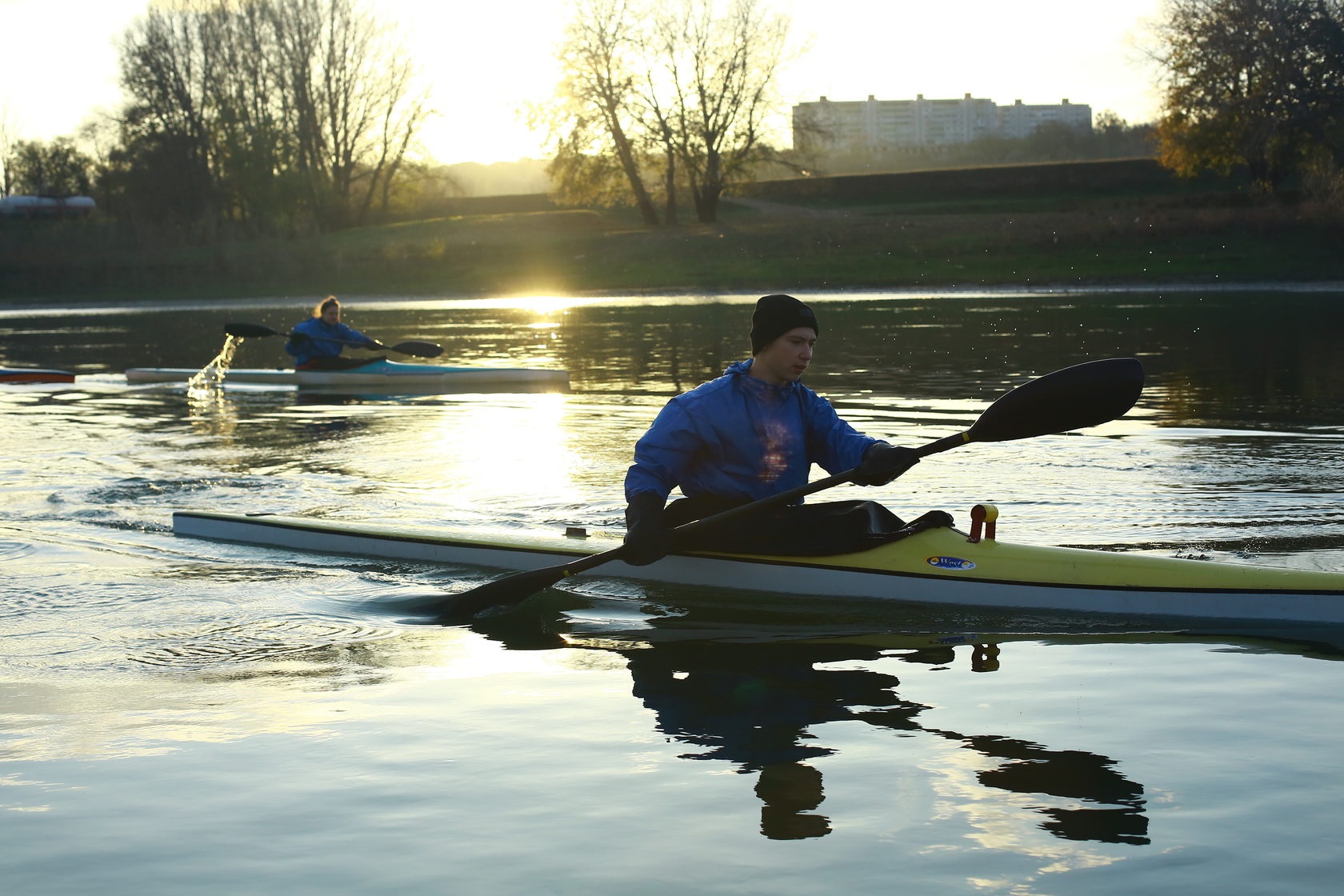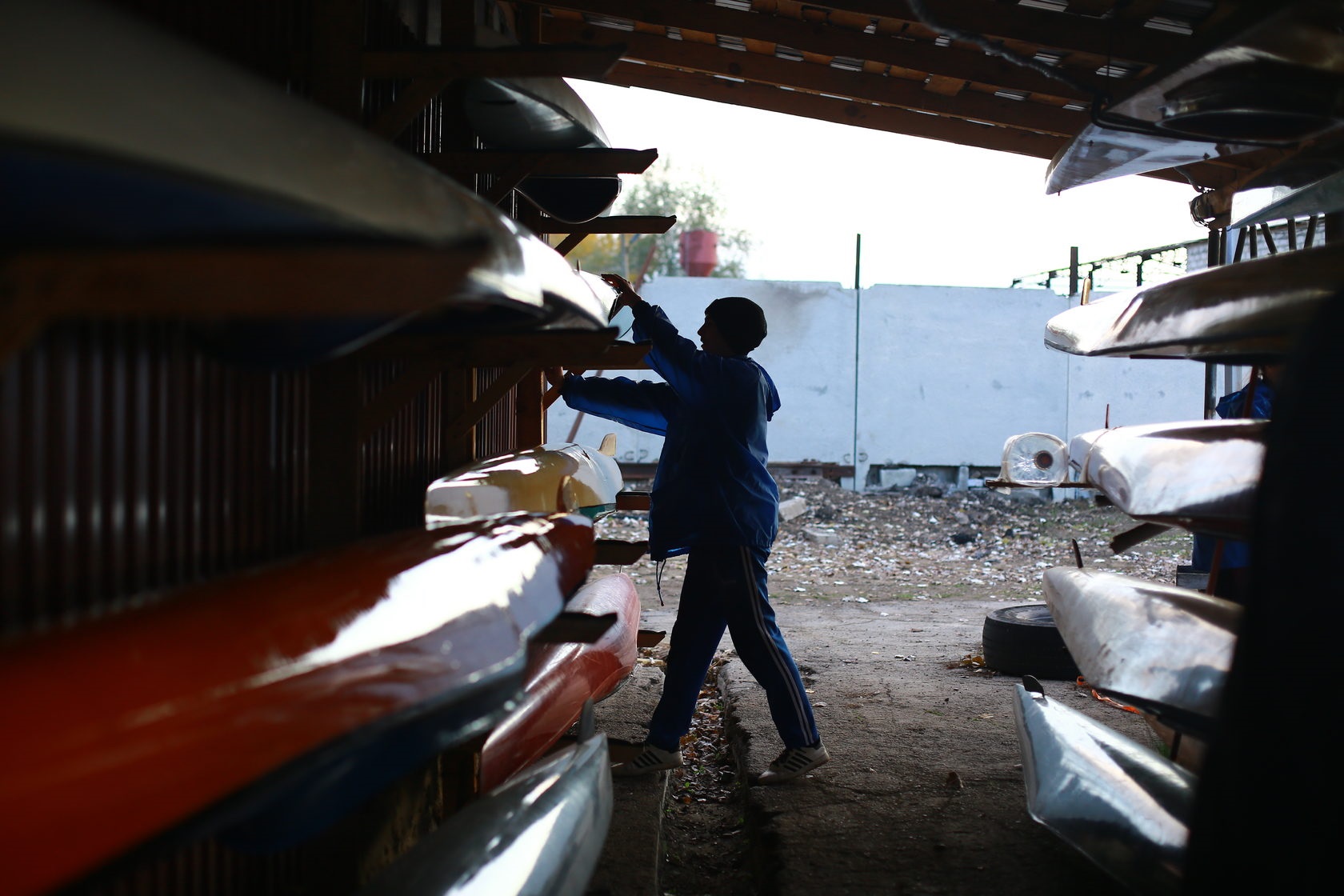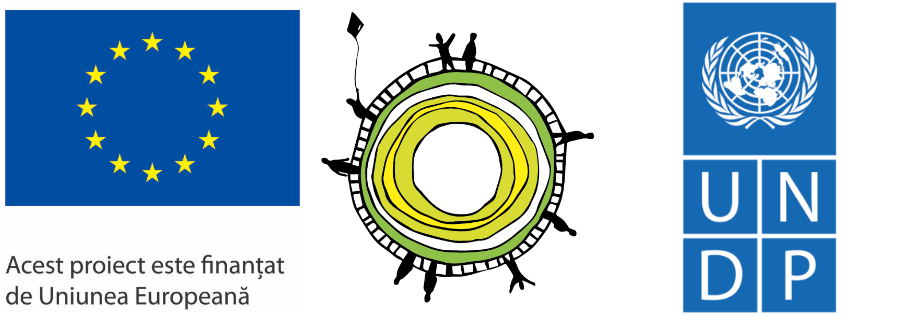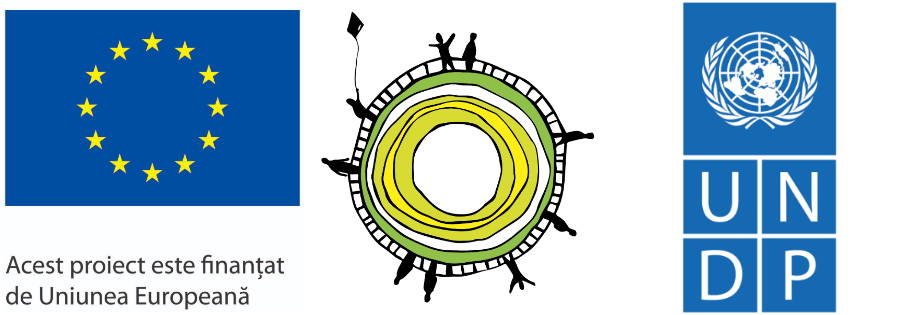Culture
Italy applauds the conductor from Moldova Andriy Yurkevych
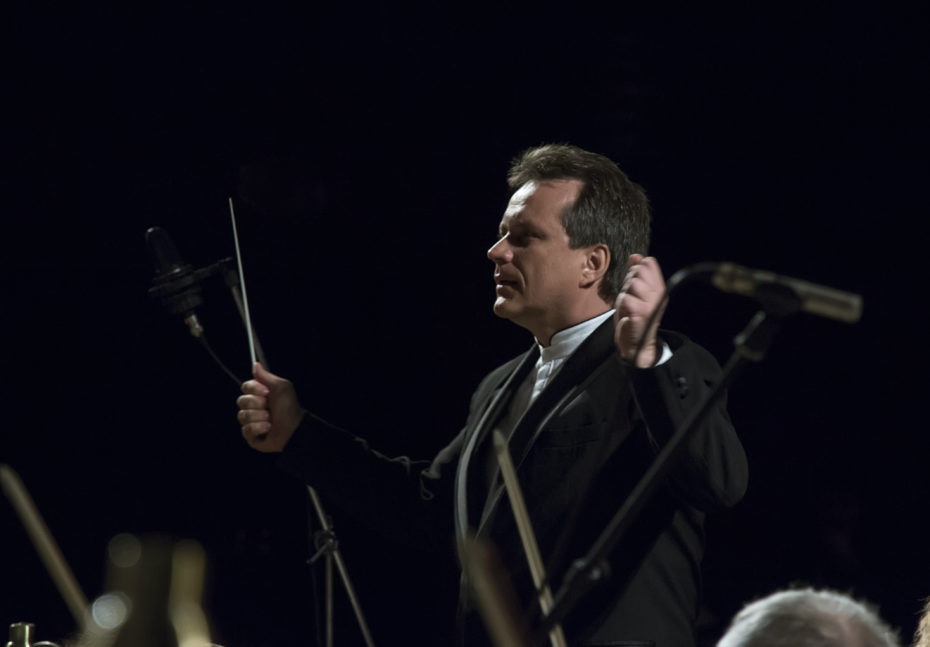
The name of Andriy Yurkevych, Chief conductor of the National Opera and Ballet Theatre “Maria Biesu” is in all Italian newspapers. On February 15th, 16th, 17th and 19th in Genoa in the Theater Carlo Felice, triumphant performances of the Opera Giuseppe Verdi “Simon Boccanegra” took place with Andriy Yurkevych at the conductor’s stand. The performance has gained popularity not only in Moldova but also abroad.
Simon Boccanegra, first elected by the people of the Doge of Genoa, is a cult figure, and Maria Boccanegra, his daughter, lost in childhood and adopted by the family of Grimaldi, the princes of Grimaldi, the Royal family of Monaco, who have been on the throne since then. Verdi’s Opera pays homage to Genoa, its history as a Seaside Republic, in a version that debuted at the “La Scala” theatre in 1881. The Opera tied the history of the city, real events, people and, of course, the patriotism of the Genoese, expressed in the love, pride, devotion and loyalty to their homeland.
Barbara Catellani for Spezia Calcio says on the website OperaClick:
“In Genoa, the traces of the first Doge of the Republic, elected and approved in 1339 by the people… the traces are scattered here and there throughout the city: a house in the area of La Maddalena in the historic centre, a funeral statue placed in the Museum of Sant’agostino, Villa-now the Congress center-hidden between the pavilions of the hospital of San Martino, Palazzo San Giorgio, the first Palazzo del Mare (built by order of cousin Guglielmo Boccanegra, the first people’s captain), a fortress that now “turned” into a Belvedere Castelletto. Not everyone knows this, and we should especially thank Roberto Pani, who wrote valuable lines about the events and places of Boccanegra, provided images, told exciting stories in newspaper articles, on the pages of social networks, at conferences, the press, at the University of Genova.”
“Simon Boccanegra is a true Genoese work, the history of this city: the so-called ‘Genovese Age’, from 1528 to 1620, when Genova was the European capital of Finance and banking, and conquered the world. Rooted in the fourteenth century, when the “cruel city” was still torn apart by internal strife, but nevertheless was a proud and independent city, the era of Boccanegra is the prologue of glory that will come in three centuries.” So told Roberto Pani, hoping to see a lot of Genovese in the theater. He succeeded, obviously.”
The February performances were very much anticipated. And indeed, on February 15th, with a full house, the first performance was broadcast on the Internet on the theater channel. I watched the performance from the 15th minute of the broadcast, was fascinated by the beautiful singing, preparation and organization. Read a few excerpts from the articles about the play.
Barbara Catellani, OperaClick:
“The great cast, the orchestra in excellent condition, the master conductor. What more? Here, more than ever, we can use the term “orchestral palette”, so popular in books and specialized magazines, because we really appreciated the variety of shades, gradations of color, brightness or high density, and large brush strokes when it is necessary to highlight pain, ominous conspiracy, betrayal. Then the dynamics, the wording, the dialogue: the orchestra perfectly responded to the magic wand (magic, as we have already said) of Andriy Yurkevych. A master who, again, showed great charisma and rare sensuality.”
Website LeMieNotizie.com
“At the remote control of the Teatro Carlo Felici conducts Andriy Yurkevych, music Director of the National Theatre in Chisinau, Moldova, a musician who can boast a repertoire from Mozart to the masterpieces of Bel Canto and Verdi, with a natural predisposition to the greatest Russian composers, who recently, on 18 January, we applauded in Genoa at the unforgettable Gala concert Jessica Pratt and Michael Spyres”.
Website Сonnessiallopera.it:
“Andriy Yurkevych chooses the right tempo, the tempo of the performance at the console, and remains consistent with this choice throughout the Opera. He takes care of the orchestral sound, which thanks to the excellent work of the orchestra of the foundation is clear and distinct. Simon Boccanegra is the leading role, and Yurkevych directs all his interpretation in this direction.”
The theater has prepared 12 videos about the Opera: materials about the history of Genoa, the Seaside Republic of the time of Simon Boccanegra, the Opera itself, interviews with soloists, the director, heads of the Opera production in the section “Immersion in the Opera”. The interview with the conductor Andriy Yurkevych can be seen here.
The Youtube channel of the Teatro Carlo Felice, which broadcasts performances and tells about his work, registered in 2010, has about seven million views, which indicates the extreme popularity of Italian Opera and art.
In this video you can see pieces of the Opera “Simon Boccanegra” on 0.44, 2.24, 5.34, 7.21, 8.13, 10.37 minute.
Congratulations Maestro Andriy Yurkevych for the lovely creative work!
Opinion
Russia And Ukraine At The Beginning of 2022
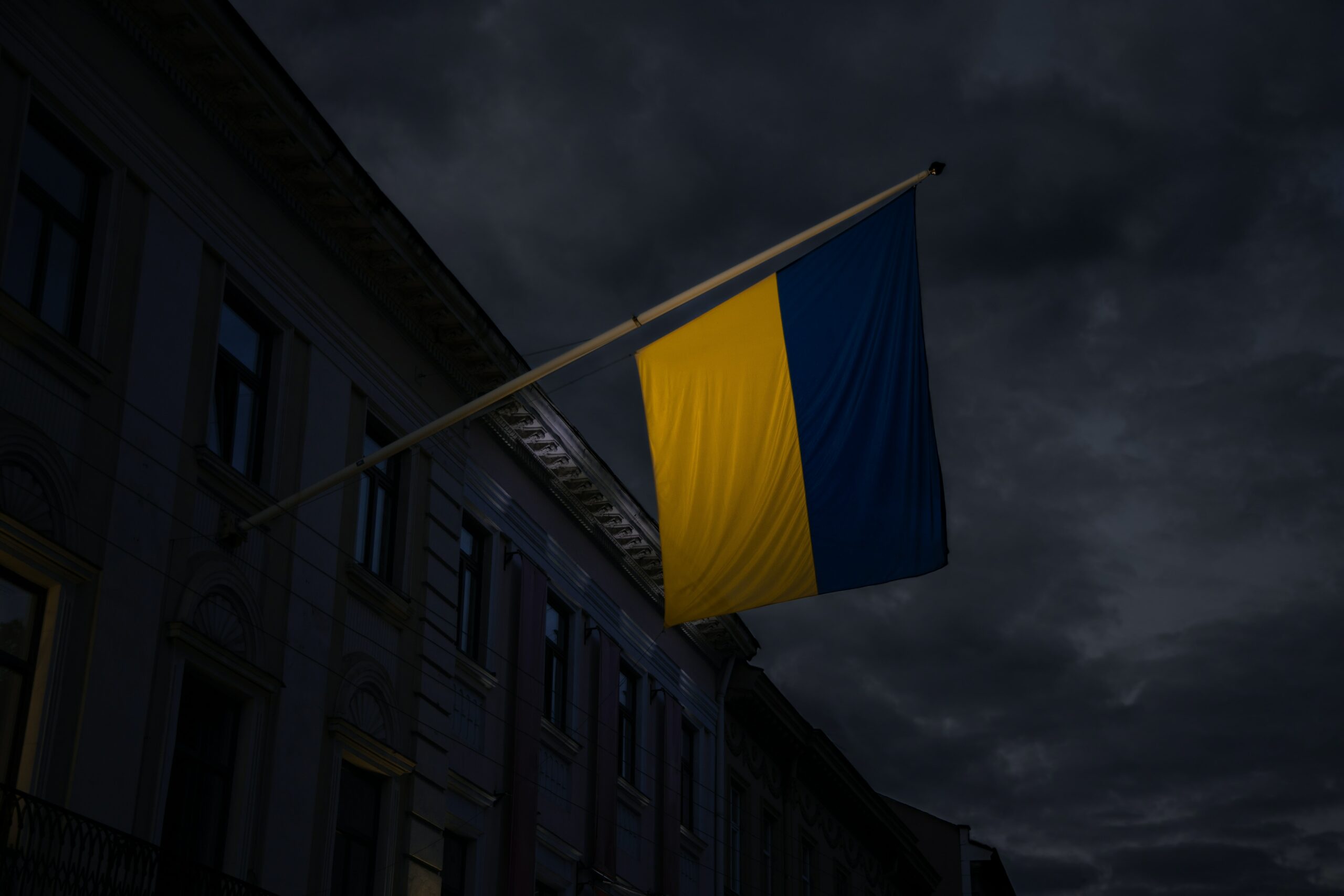
This opinion piece was written by Dr. Nicholas Dima. Dr. Dima was formerly a Professor of Geography and Geopolitics at Djibouti University, St. Mary’s University College and James Madison University. From 1975 to 1985 and from 1989 to 2001, Dr. Dima was a Writer and Field Reporter at Voice of America. The opinion does not necessarily represent the opinion of the editorial staff of Moldova.org.
***
The 21st Century Russian Federation is a rebirth of the 19-th Century Tsarist Empire; a huge territory inhabited by hundreds of ethnic groups held together by an authoritarian government. Having acquired a diversity of lands and peoples that would not freely want to be together, Moscow has to be on guard. It has to keep an eye on those who are inside the federation and to make sure that no outsiders threaten its territory. Otherwise, in a nutshell, Ukraine is Russia’s biggest dilemma and Russia is Ukraine’s biggest nightmare!
In 1991 Moscow agreed reluctantly to the dissolution of the former USSR. Ukraine became independent and consented to give up its nuclear arsenal inherited from the Soviet Union in exchange for territorial guaranties. Russia did not keep its engagement. It violated the Minsk protocol and in 2014, after a hybrid war, annexed Crimea. At the same time, pro-Russian forces took over two important eastern Ukrainian regions, Lugansk and Donetsk, where the population is ethnically mixed and somehow pro-Russian.
Since the annexation of Crimea, Moscow has strengthened its military presence in the peninsula and in the Black and Azov Seas. Furthermore, it built a strategic bridge that connects Crimea with the Russian mainland. Then, Russia began to reject NATO activities in East Europe and to denounce the presence of the US Navy in the Black Sea as provocations. In order to counter NATO, Russia also brought some of its warships from the Caspian Sea to the Black Sea through the Volga-Don Canal.
During recent years, Ukraine approached the United States and NATO and asked for assistance and, eventually, for membership in the EU and possibly NATO. For Moscow, however, Ukraine is an essential buffer zone against the West. With President Vladimir Putin lamenting the dismemberment of the USSR and embracing the traditional Russian expansionist mentality, the perspective of Ukraine’s NATO membership would be an existential threat.
The current situation at the Russo-Ukrainian border is tense and the stakes are high. Neither country is satisfied with the status quo, but the choices are very risky. The important Donbas region of East Ukraine, controlled by pro-Russian forces, is in a limbo. Ukrainian President Volodymyr Zelensky is losing support among the people and must defend his country’s integrity. Currently, Putin has the upper hand and military superiority on his side, but using brute force in the conflict could trigger further Western economic sanctions and even military hostility.
For now it seems that Moscow is mainly posturing, but the true Russian intentions are not clear. Thus, a miscalculation could trigger a catastrophe of international proportions. No one knows how the events will play out, but the danger is obvious. Moscow is playing with fire. Apparently, it does not want a full war, neither the current stalemate, nor a retreat. What does it want? It seems that Moscow knows what it wants, but not necessarily what it can!
Regionally, the situation between Europe and Russia is complex and internationally the world is confronted with threatening new realignments. With the help of Russia, Belarus has encouraged thousand of Middle East migrants to assail the Polish border and the European Union. Poland has mobilized its forces and NATO and EU are on alert. The three Baltic countries also feel threatened. And the recent Russo-Chinese economic cooperation and military rapprochement reinforce the international apprehension.
Since the dissolution of the USSR, Russia went through several uneasy stages. During the first years of transition toward a new political system Russia experienced economic decline and popular unrest. Then, Putin took over and managed to stabilize the country. Russia opted for security and stability instead of political democracy and economic prosperity. At the same time, Kremlin focused its resource on the military and strengthened Russia’s war capacity.
For the time being, Russia may want to perpetuate the current situation and to keep Ukraine under its thumb. However, things are not static and sometimes they move unpredictably. What if Ukraine does become a NATO member? Then, it will be impossible for Russia to challenge Kyiv without triggering a devastating war. On the other hand, waiting is not in Russia’s advantage. Demographically, ethnic Russians are declining and the non-Russians, mostly Muslims, are fast increasing. The continuous emigration to the West of many Russians is not helping the population balance either. This trend will almost certainly renew old conflicts especially in the unsettled Caucasus region…
Attacking Ukraine now, overtly or through a hybrid war, would be risky for Russia and would not bring a lasting solution to the dispute. The war could destabilize Kyiv and even dismember Ukraine, but it would also destabilize the Russian Federation. The present tension will probably be diffused, but the next time around, in about 10 to 20 years, Putin will be gone, Moscow itself will be in disarray, Caucasian Muslims will be asking openly for independence and Ukraine will be ready and capable to fight Russia.
A Russo-Ukrainian war, now or later, will immediately have regional effects engaging Belarus and most likely Poland, the Baltic States, Moldova, Romania and implicitly NATO. Romania, for example, will follow its western allies, but it could not ignore the fact that certain formerly Romanian lands are now part of Ukraine. As for Moldova, beyond the facts that Moldovans are Romanians, its Transnistrian (Transdnestr) area is entirely under Russian control and in an eventual war will be used by Moscow against Ukraine.
Nicholas Dima, January 1, 2022
Culture
The man raising children on Nistru river

Culture
The village of the first astronomer in the Republic of Moldova













